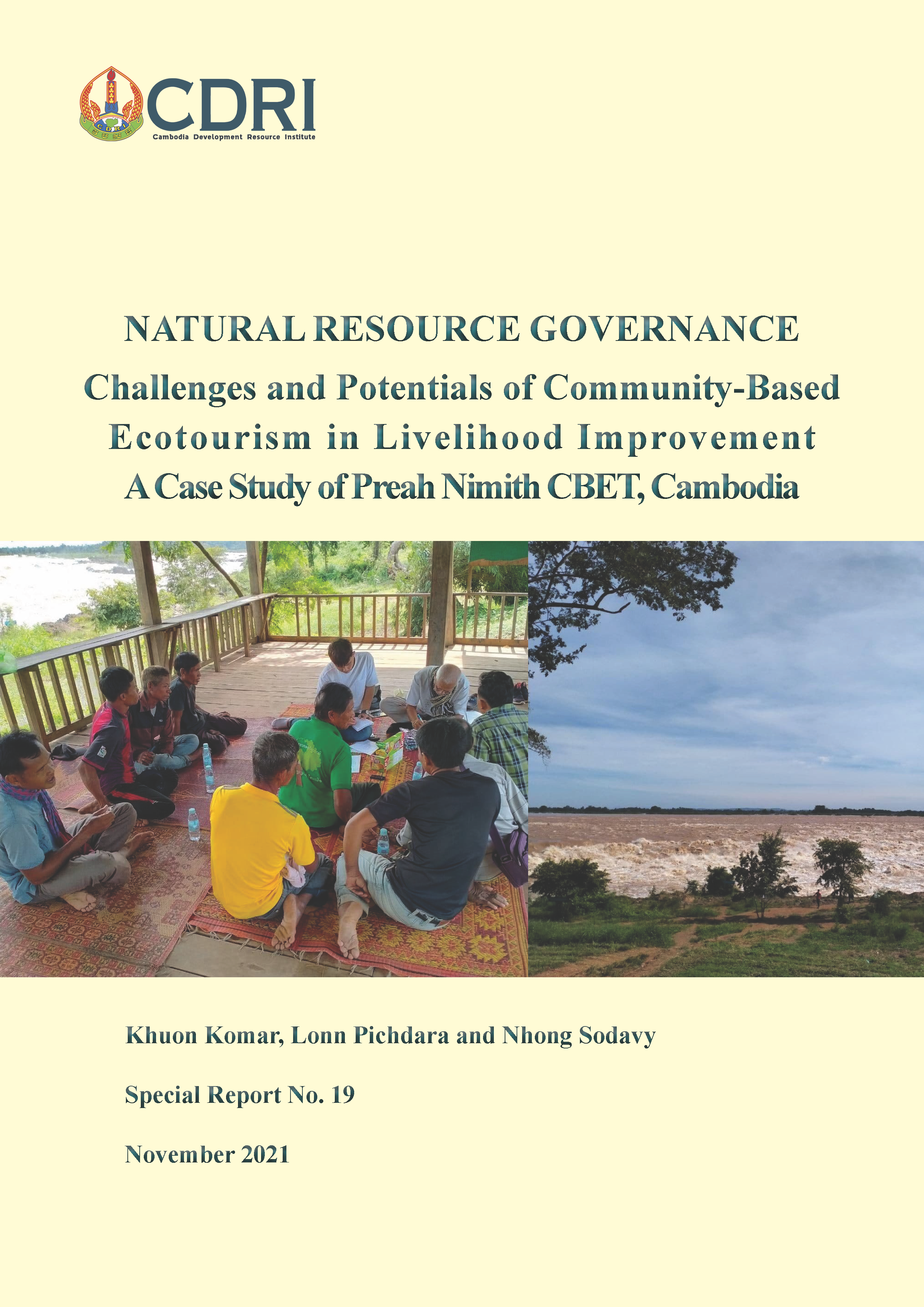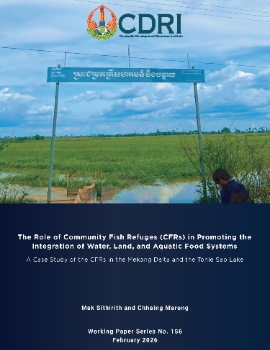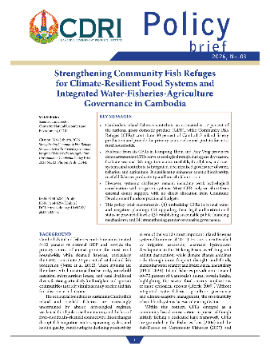
Challenges and Potentials of the Community Based Ecotourism in Livelihood Improvement: A Case Study in Preah Nimith CBET, Cambodia
Keyword: Community-based ecotourism, natural resource governance, forest conservation, livelihood improvement, Preah Nimith
Abstract/Summary
Community-based ecotourism (CBET) has long been considered an effective natural resource governance policy for both forest conservation and livelihood improvement in developing countries around the world. Cambodia is no exception. The Cambodian government has been promoting and establishing CBET sites countrywide. Preah Nimith CBET, located in a remote part of north Cambodia, is in the vicinity of a protected area, mountains and the Mekong River, near the Cambodia-Laos border. Although this CBET venture has been established for nearly a decade, it remains a little-known tourist destination among both local and foreign visitors. Like many established CBET ventures in Cambodia, Preah Nimith CBET can sustain its activities but cannot move to the next level of improvement in terms of organisation, eco-tourism packages, facilities and infrastructure. This qualitative study draws on information collected from consultative meetings with CBET members, local authorities, Provincial Department of Tourism staff, and NGO staff in Preah Vihear province. The study found that to improve its management practices, Preah Nimith CBET needs 1) sustained technical and financial supports, and capacity building on ecotourism, preferably provided by specialised NGOs or international organisations, 2) improved roads and other basic infrastructure such as piped water supply, electricity supply and sanitation services, 3) publicity through awareness-raising campaigns, and 4) networking with nearby CBET communities in Preah Vihear and Stung Treng provinces.



